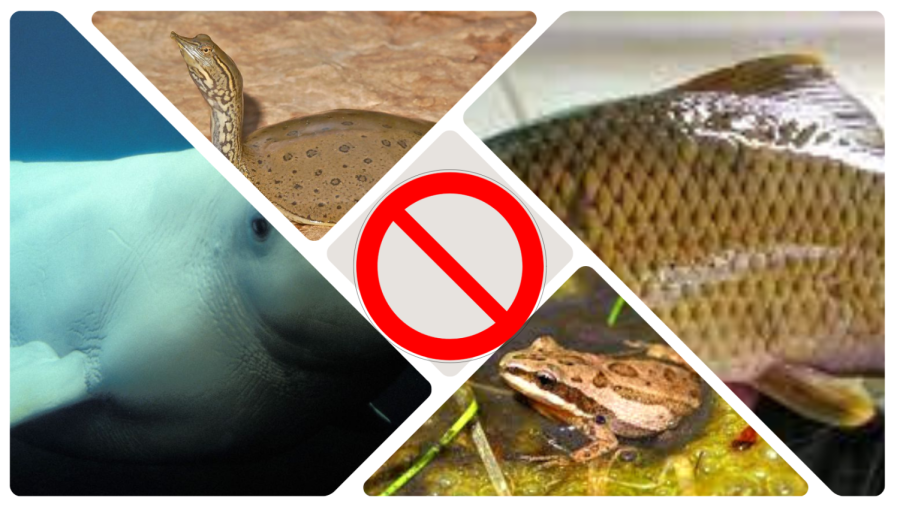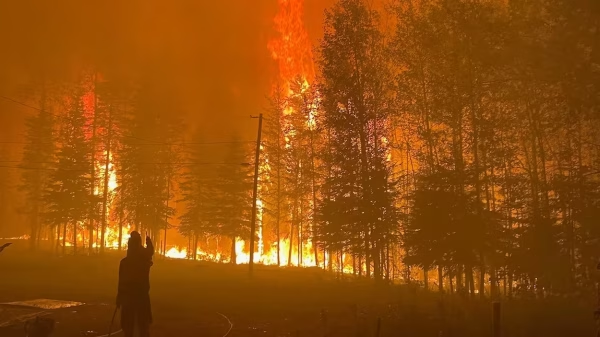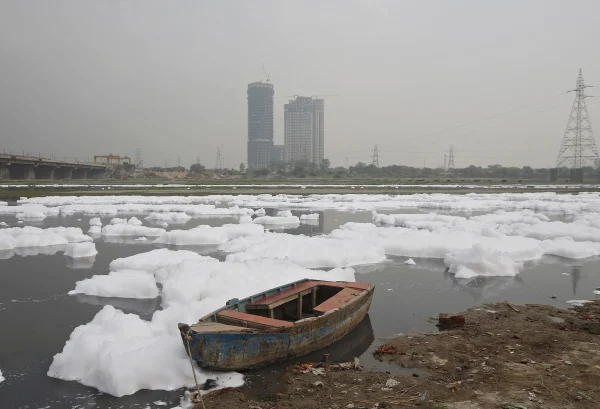Animals Soon to be Memories
Many animals are endangered in Canada, but some are more endangered than others, mostly because of pollution. These are four of the most endangered species in Quebec.
First, the most known of them all, the beluga; its population is estimated to be 889 but was around 8000 in the 20th century. This is mostly due to pollution, habitat degradation and human disturbance near their location. The most beneficial thing to save them would be to expand the Saguenay St-Marine park in a section of the estuary river.
Another specie population that is going down in population is the western chorus frog. Even though we don’t know their exact population, 2000 were left in a site, and the population has decreased with the years. They are mostly found in open habitats such as meadows and swamps. Many things threaten them, such as rapid residential, agricultural intensification and pesticide contamination. To keep them alive, the only solution is to stop the works in Ville de la prairie to preserve their habitats. Alain Branchaud, general director of SNAP-Québec, said, “As soon as we cut the connectivity between wetlands or disturb the drainage of a soil, it’s over.”
An interesting animal next is the softshell turtle. Due to habitat degradation, they are endangered, ”Even though turtles are aquatic species, they need shorelines to reproduce and store heat,” says Annie Lebel, head of the Wildlife in Danger program at the Wildlife Foundation. Of this cause, their actual population is a little less than 100 these days, at the border of extinction in Quebec. But we could save them by protecting their nests and stopping polluting water.
The last of the list is the copper redhorse fish that is mostly seen swimming in the waterways of southwest Quebec. The number of copper redhorse in Quebec is now around 1650 individuals. This is caused by water contamination, dam construction and the disturbance of spawners in spawning sites. The best solution to protect them is to protect their habitat at all costs.






